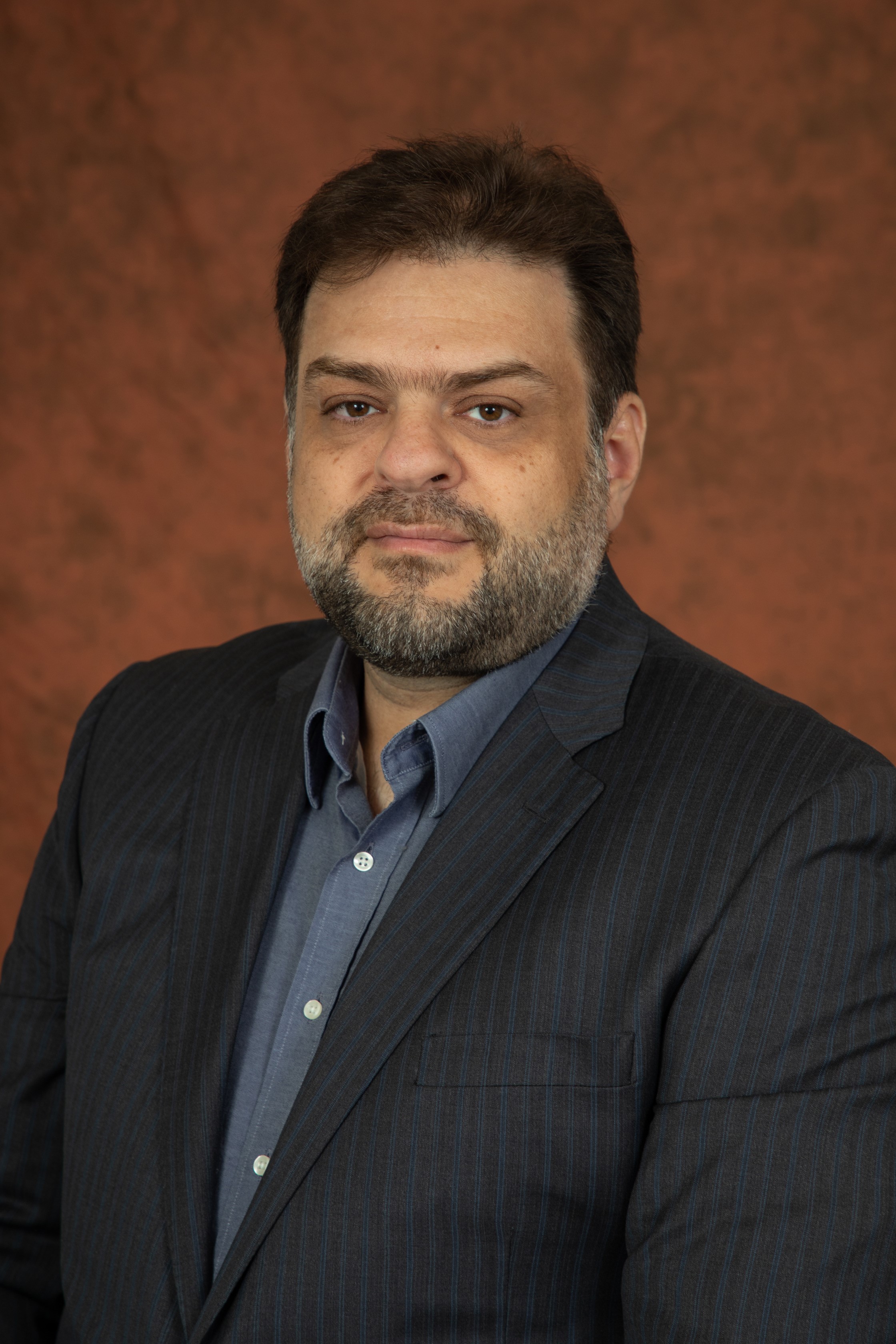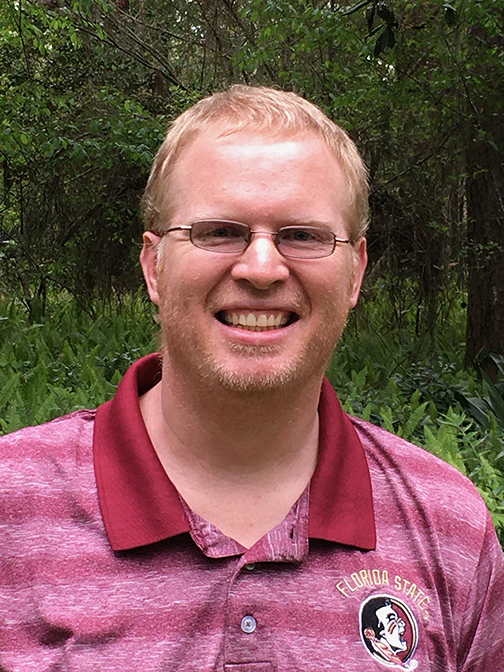LSI Will Collaborate with the Department of Computer Science on $2.3 Million Grant

Tallahassee, Fla. – Researchers in Florida State’s Department of Computer Science have received a $2.3 million National Science Foundation (NSF) grant to develop artificial intelligence tools that will help manage wildfires fueled by hurricanes in the Florida Panhandle. Rabieh Razzouk, Director of the Learning Systems Institute (LSI), Jim Reynolds, LSI’s co-Director of STEM Research and Rob Legnacher, associate in research at LSI, will all be contributing to the project which is the largest research award ever for FSU’s Department of Computer Science.
“I am honored to be putting my 20 years of fire service and education experience toward such a great project,” said Reynolds, a former fire fighter. “The local impact for first responders, policy makers and community members will be monumental. This project is leveraging the power of AI with a focus on how people will use this information to make decisions at all points of wildfire development. This is a perfect example of how people can leverage AI to create safer communities.”
Yushun Dong will lead the project, “FIRE: An Integrated AI System Tackling the Full Lifecycle of Wildfires in Hurricane-Prone Regions,” that will bring together computer scientists, fire researchers, engineers and educators to study how hurricanes change wildfire behavior and to build AI systems that can forecast ignition, predict roadway disruptions, and assess potential damage.
Fires, especially low-intensity natural wildfires and prescribed burns can play a vital role in regulating certain forests, grasslands and other fire-adapted ecosystems. They decrease the risk and severity of large, destructive wildfires while supporting soil processes and, in many cases, limit pest and disease outbreaks.
LSI TEAM collaborating on nsf fire grant
Rabieh Razzouk, Jim Reynolds and Rob Legnacher will all be contributing to the project which is the largest research award ever for FSU’s Department of Computer Science.

Rabieh Razzouk

Jim Reynolds

Rob Lengacher
In clearing fallen leaves that pose as hazardous fuel loads, fires lower forest density and recycle nutrients through the ecosystem. But when heaps of trees accumulate, as has happened following recurrent hurricanes in the Florida Panhandle, these fires can exhibit complex dynamics that threaten built infrastructure including homes and roadways in addition to natural landscapes. Understanding this hurricane-wildfire connection is critical for planning evacuations, protecting roads and safeguarding homes and lives.
“We are extremely excited to assist Yushun (Dong) and FSU’s Department of Computer Science on this NSF grant,” said Razzouk. “Our goal is to share our work at FCR-STEM with artificial intelligence and Jim’s (Reynolds) additional experience as a fire fighter to make help the NSF utilize AI to mitigate fires following hurricanes and make Florida’s Panhandle safer.”
LSI strives to lead the way in creating innovative educational solutions that seamlessly connect theory with practice. Through advanced research, we develop industry-leading methods and implementation strategies to enhance systematic learning at all levels and in all environments. For more than five decades, LSI has been committed to driving measurable improvements in the performance of both individuals and organizations.
